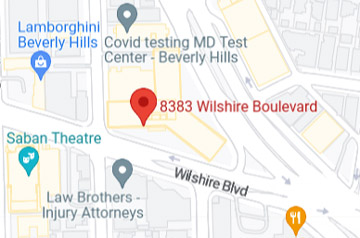The California Lemon Law, known as the Song-Beverly Consumer Warranty Act, is a consumer protection statute that puts an affirmative obligation on vehicle manufacturers to repurchase vehicles that they know qualify under the law. This means that manufacturers are required to make buyback offers on qualifying vehicles regardless of whether the consumer asks for a repurchase. The only obligation a consumer has under the California Lemon Law is to present the vehicle for repair. Nothing further.
This affirmative buyback obligation is quite substantial for vehicle manufacturers and can have a significant impact on their financial bottom line. For this reason, vehicle manufacturers always try to minimize the amount they reimburse owners of lemon vehicles. Unfortunately, manufacturers always have the upper hand when presenting buyback offers to consumers because they are much better versed in the California Lemon Law. It is, therefore, important for consumers to know exactly what the law requires to maximize their recovery.
Under the California Lemon Law, manufacturers must reimburse the total amount paid or payable by the buyer for purchase (or lease) of the vehicle. This includes the down payment, all monthly payments made for the purchase (or lease), and payoff of the remaining loan obligation.
In addition, manufacturers are required to reimburse consumers for “incidental damages.” Incidental damages include costs for vehicle repairs, towing, rentals and the like. This is critical for consumers to know because manufacturers do not always offer to reimburse these items when they present buyback offers. To be fair, manufacturers do not always know whether a consumer has incurred these types of costs in the first place. However, unlike consumers, manufacturers are fully aware that these items are reimbursable and often times – in an effort to save money – they intentionally do not ask consumers whether they have incurred such costs.
Another area where manufacturers attempt to save money at the expense of consumers is on what is commonly referred to as the mileage offset. The mileage offset can be exceptionally confusing for those without any experience in the California Lemon Law. Under the California Lemon Law, manufacturers are entitled to a “credit” for the consumer’s use of the vehicle based on a formula in the law. The mileage offset is calculated by multiplying the number of miles on the odometer at the time the consumer first presented the vehicle for repair of the defect giving rise to the buyback, multiplied by the cost of the vehicle, and divided by 120,000. The higher the mileage at the time of the first visit, the greater the deduction the manufacturer can take.Often times, consumers present their vehicles for repair of multiple recurring defects that began at different times. Under these circumstances, manufacturers commonly pick the defect that began at a higher mileage to take a bigger deduction. This can result in buyback offers that are thousands of dollars less than what they should be. To ensure the maximum allowable recovery under the California Lemon Law, consumers should contact an experienced California Lemon Law attorney.








